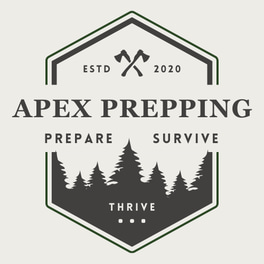How to start prepping
Becoming a prepper or survivalist involves preparing for emergencies, disasters, or unforeseen situations that could disrupt normal life. Here are steps for someone new to prepping to get started
Define Your Goals and Priorities
Consider why you want to become a prepper. Is it for natural disasters, economic instability, civil unrest, or something else? Understanding your motivations will guide your preparation efforts.
Education and Research
Learn about different types of emergencies and disasters that could affect your region.
Study survival skills such as first aid, navigation, shelter-building, fire-making, and self-defense.
Read books, watch documentaries, and follow reputable prepper websites and forums to gather knowledge and tips.






Assess Your Resources
Take inventory of your current supplies, including food, water, medical supplies, tools, and gear.
Evaluate your physical fitness and identify areas for improvement.
Emergency Plans
Develop a family emergency plan that includes communication strategies, rendezvous points, and evacuation routes.
Practice emergency drills with your family or household members.
Food and Water Storage
Build a stockpile of non-perishable food items with a long shelf life.
Store clean water in containers that are designed for long-term storage, and consider water purification methods.




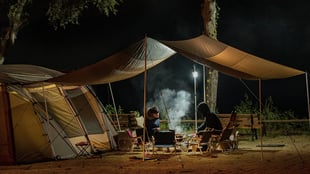

Emergency Shelter
Consider options for emergency shelter, such as a tent, tarp, or a designated room in your home.
Learn how to create shelter from natural materials if necessary.
Survival Gear and Tools
Invest in essential survival gear, such as a quality knife, fire-starting tools, flashlights, and multi-tools.
Acquire camping equipment that can serve both recreational and survival purposes.
First Aid and Medical Supplies
Create a comprehensive first aid kit with supplies for treating injuries and illnesses.
Learn basic medical skills and how to administer first aid.
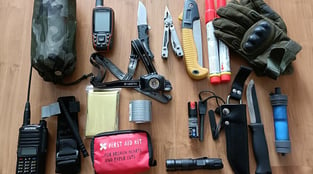

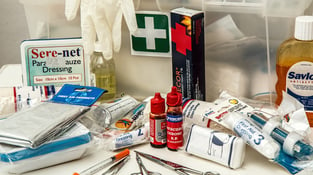

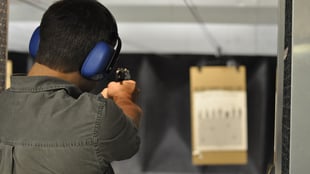

Security
Ensure the safety of your household with appropriate security measures.
Consider self-defense training and firearm safety courses if you plan to use firearms.
Financial Preparedness
Build an emergency fund to cover unexpected expenses.
Diversify your investments and consider assets like precious metals.
Community Building
Connect with like-minded individuals in your community or online prepper communities.
Share knowledge, resources, and support in the event of a crisis.




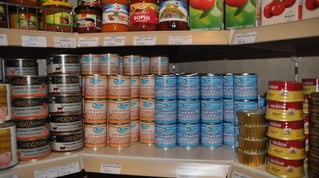

Regular Maintenance
Rotate and replace food and water supplies to ensure freshness.
Check the condition of equipment and gear periodically.
Stay Informed
Keep up-to-date with current events and potential threats.
Subscribe to weather alerts and emergency notifications.
Training and Practice
Continuously hone your survival skills through practice and training.
Test your plans and gear during simulated emergencies or camping trips.


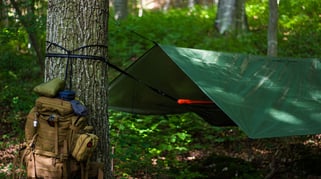



Adaptability
Be flexible and adaptable in your approach to prepping, as situations and threats can change over time.
